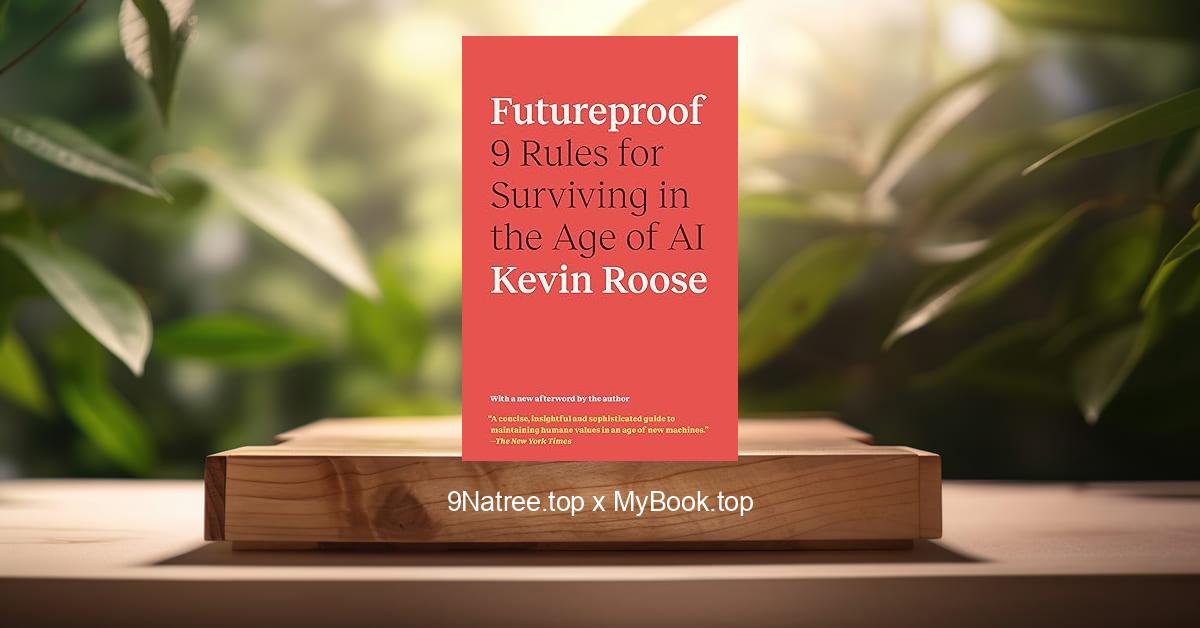Show Notes
- Amazon Books: https://www.amazon.com/dp/B00JOGB1OU?tag=9natree-20
- Apple Books: https://books.apple.com/us/audiobook/13-things-mentally-strong-people-dont-do/id1441512386?itsct=books_box_link&itscg=30200&ls=1&at=1001l3bAw&ct=9natree
- eBay: https://www.ebay.com/sch/i.html?_nkw=13+Things+Mentally+Strong+People+Don+t+Do+Amy+Morin+&mkcid=1&mkrid=711-53200-19255-0&siteid=0&campid=5339060787&customid=9natree&toolid=10001&mkevt=1
- Read more: https://mybook.top/read/B00JOGB1OU/
#13ThingsMentallyStrongPeopleDontDo
These are takeaways from this book.
Firstly, Avoiding Self-Pity, Amy Morin discusses the trap of self-pity as a significant hindrance to mental strength. She argues that indulging in self-pity not only wastes time but also energy that could be better spent on solving problems. Morin suggests that mentally strong individuals acknowledge their situations without letting themselves be defined by their hardships. They focus on gratitude, harnessing it to move forward. She offers strategies to shift one's perspective from victimhood to empowerment, emphasizing the power of accountability and resilience. By doing so, individuals can prevent self-pity from eroding their mental strength and instead, cultivate a proactive attitude towards life's challenges.
Secondly, Shunning Powerlessness, The concept of refusing to give away power is central to Morin's thesis. She examines how mentally strong individuals resist the urge to blame external circumstances or other people for their feelings and actions. This section delves into the importance of maintaining personal agency and recognizing the control one has over their responses and attitudes towards life's events. Morin encourages readers to assert boundaries and take responsibility for their emotional well-being, thus protecting their mental estate from being compromised by external factors. Through practical advice, she teaches how to reclaim control, advocating for a self-empowered stance in navigating life's ups and downs.
Thirdly, Embracing Change, Morin highlights the significance of embracing change as a testament to mental strength. She argues that change is inevitable and resisting it is futile and emotionally exhausting. The section on embracing change addresses the fear and discomfort that often accompany new situations, offering insights into how mentally strong people harness adaptability and openness to thrive amidst uncertainty. Morin provides actionable tips for developing a flexible mindset, arguing that embracing change leads to growth, opportunities, and a deeper understanding of oneself and the world. This perspective encourages readers to view change not as a threat, but as a pathway to personal evolution and success.
Fourthly, Rejecting the Fear of Taking Calculated Risks, Amy Morin underscores the importance of taking calculated risks in building mental strength. She distinguishes between reckless risk-taking and calculated risks, the latter being informed decisions made after weighing the potential benefits and drawbacks. This section teaches readers how to assess risks intelligently, encouraging a balanced approach to opportunities and challenges. Morin explores the psychological barriers to risk-taking, such as fear of failure and unknown outcomes, providing strategies to overcome these fears. By advocating for calculated risks, she promotes a lifestyle of growth and learning, where fear does not limit potential but encourages thoughtful exploration of possibilities.
Lastly, Avoiding the Pleasure Trap, In discussing the pitfalls of seeking immediate gratification, Morin addresses how the pursuit of short-term pleasures can derail long-term goals and fulfillment. She argues that mentally strong people prioritize their long-term aspirations over temporary comforts, demonstrating discipline and foresight. This section delves into the psychology behind instant gratification and its impact on mental resilience, offering insights into how to resist temptations and stay focused on what truly matters. Morin provides practical strategies for cultivating self-discipline, highlighting its role in achieving sustained happiness and success. By avoiding the pleasure trap, individuals can maintain their mental strength and remain committed to their long-term objectives.
![[Review] 13 Things Mentally Strong People Don't Do (Amy Morin) Summarized](https://episodes.castos.com/660078c6833215-59505987/images/1772386/c1a-085k3-924kvq7ou51-qjwwwa.jpg)




